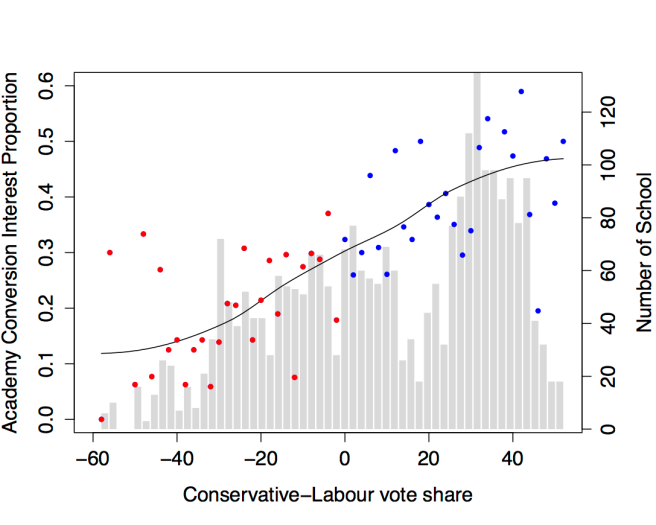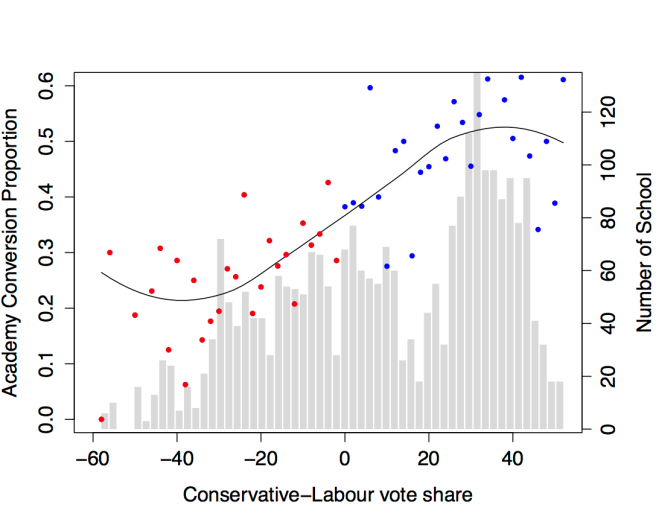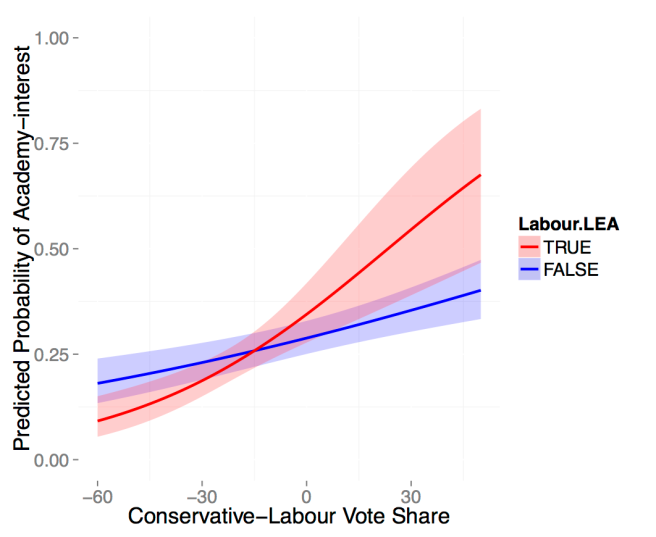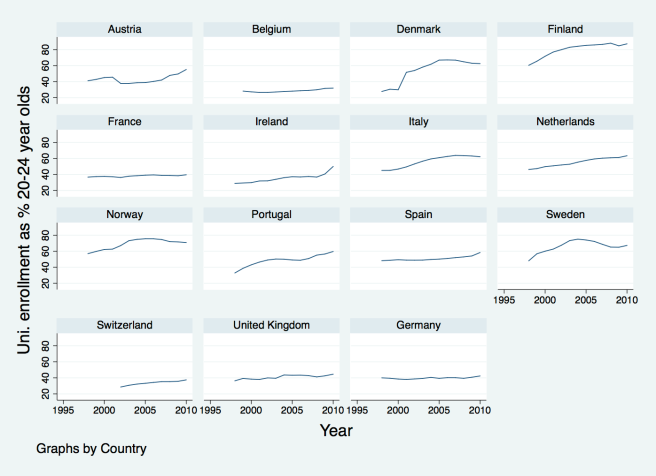Lucy Barnes and I are organizing a mini-conference on “The Politics of Egalitarian Policy” as part of the SASE 2015 conference in London this July (2nd-4th, 2015).
We’d like to encourage people working in this area to submit a paper or panel proposal. We welcome submissions on any political aspect of inequality, particularly those centred on the themes listed below. If you have any questions, please do feel free to email Lucy or me.
N.B. The application deadline is January 26th. There are instructions about how to submit. You need to be logged-in to the SASE website to submit a paper/panel, but you need not pay the full membership fee to get a login.
The themes we are interested in follow below…
Information
What do voters know about government efforts to reduce inequality? Are some voters more informed about redistribution than others, and why? How do the media affect voters’ information and perceptions of egalitarian policy?
Preferences
How do voters think about government efforts to reduce inequality? What kinds of policy interventions garner popular support? What are the electoral implications of these popular attitudes? (How) do these vary across countries?
Pre-distribution
What influence can governments have on the distribution of market (‘pre-fisc’) incomes? What kinds of policies – aside from tax and transfer redistribution – can reduce inequality?
Partisan politics
How does partisan politics shape distributive policy, and vice versa? Under what conditions, and in which policy areas is there scope for partisan discretion? Conversely, what effects does increasing inequality have on partisan politics?
International Issues
What effects do international dynamics – war, globalisation, international institutions and processes of competition and diffusion – have on government efforts to combat inequality? How should issues of inter-country inequalities inform policy and scholarship on income inequalities?



